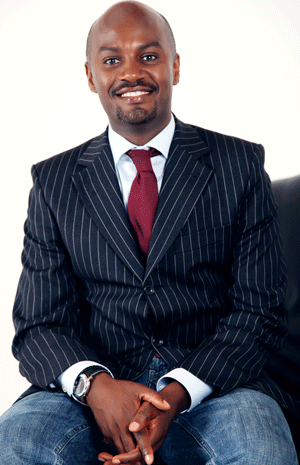African intellectual elites personalise their analysis even as they accuse African leaders of personalising the state
On Jan.1, I went to Nsambya Hospital in Kampala where my cousin was
hospitalised. The hospital is owned and run by the Catholic Church. The
buildings many of which were constructed in the 1960s are now old and
murky, with little renovation since. The wards are crowded, nurses
underpaid, the doctors struggling to meet pressure and the gardens are
overgrown. This is the same thing I have witnessed in Mengo, Rubaga, and
other non-government Church-led health facilities. Even at
International Hospital Kampala (IHK) and Nakasero Hospital, owned by
private investors and a bit better managed, I see many weaknesses and
incompetence.
Sunday, January 25, 2015
Sunday, January 18, 2015
Behind Museveni favourable polling
Why the opposition should adopt a new strategy if they are to
remain relevant and build their credentials as a viable alternative
An opinion poll by Daily Monitor published on Jan.12 has given President Yoweri Museveni a commanding lead of 57% against leading opposition leader, Dr. Kizza Besigye’s 8%. Many in the opposition will likely dismiss the results of the poll, allege that Museveni bribed Daily Monitor or the polling firm; Ipsos, or allude to a mythical “fear factor.” Hiding behind these excuses has in the past denied the opposition an opportunity to critically assess the situation and conduct painful self-examination.
An opinion poll by Daily Monitor published on Jan.12 has given President Yoweri Museveni a commanding lead of 57% against leading opposition leader, Dr. Kizza Besigye’s 8%. Many in the opposition will likely dismiss the results of the poll, allege that Museveni bribed Daily Monitor or the polling firm; Ipsos, or allude to a mythical “fear factor.” Hiding behind these excuses has in the past denied the opposition an opportunity to critically assess the situation and conduct painful self-examination.
Sunday, January 11, 2015
Inside Kalinaki’s book on Besigye
How Museveni repeats the mistakes he accused Amin and Obote of and how we can begin a new conversation about it
Daniel Kalinaki’s book, Kizza Besigye and Uganda’s Unfinished Revolution, is one of the most compelling pieces of writing I have read in the recent past. It is simply unputdownable. As a story about Besigye’s ambitions, ideals, aspirations, illusions and delusions, it is spiced with scintillating anecdotes of the infightings, competitions, manipulations and betrayals of Uganda’s politics. It is a feast for Uganda’s elite served by an unstinting host.But as an analysis of the ills and remedies of Uganda’s pursuit of some democratic ideal, I felt Kalinaki did little reflection.
Daniel Kalinaki’s book, Kizza Besigye and Uganda’s Unfinished Revolution, is one of the most compelling pieces of writing I have read in the recent past. It is simply unputdownable. As a story about Besigye’s ambitions, ideals, aspirations, illusions and delusions, it is spiced with scintillating anecdotes of the infightings, competitions, manipulations and betrayals of Uganda’s politics. It is a feast for Uganda’s elite served by an unstinting host.But as an analysis of the ills and remedies of Uganda’s pursuit of some democratic ideal, I felt Kalinaki did little reflection.
Monday, January 5, 2015
The crisis of Africa’s intellectual elite
How the West has built a global incentive system that sustains a negative narrative against Africa
Steve Bikoonce said the greatest weapon in the hands of an oppressor is not his armies and arms but the mind of the oppressed. Antonio Gramsci had made a similar observation regarding forms of domination. He argued that a ruling class does not dominate subordinate classes simply through [its] state’s instruments of coercion and repression (as Karl Marx had posited) but through the development of a dominant ideology, which he called hegemony.
Steve Bikoonce said the greatest weapon in the hands of an oppressor is not his armies and arms but the mind of the oppressed. Antonio Gramsci had made a similar observation regarding forms of domination. He argued that a ruling class does not dominate subordinate classes simply through [its] state’s instruments of coercion and repression (as Karl Marx had posited) but through the development of a dominant ideology, which he called hegemony.
Subscribe to:
Posts (Atom)
